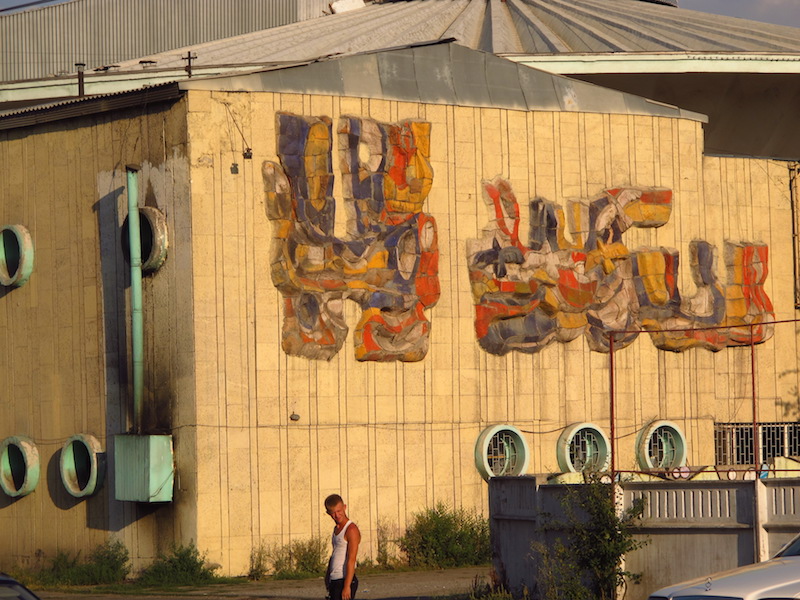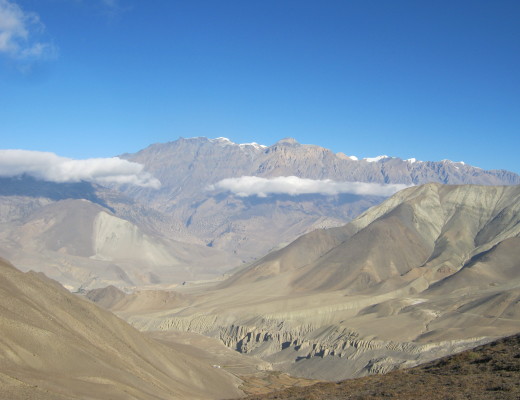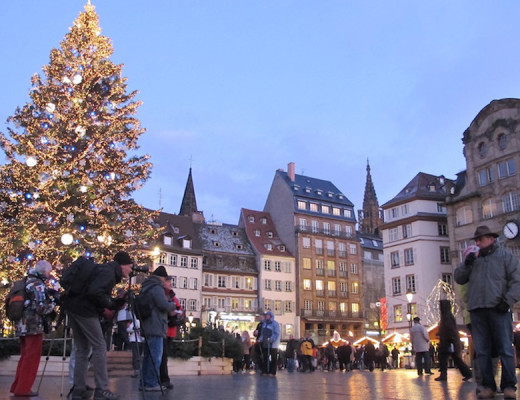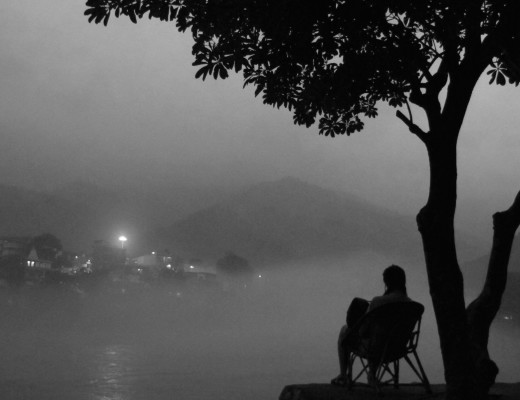In Bishkek, Kyrgyzstan, 45-minutes from the Kazakh border, lies a compound run by a Japanese family whose gates only open to those at a crossroads. Travelers who find themselves within its walls are not swinging by for a night on a 10-day trekking vacay. That compound is their retreat, an escape from the sun, from overly nosy police officers and from being “other.” It’s a break from traveling.
All of us had been on the open road long enough to be addicted to it, the thought of a homecoming so unwelcome it triggered tears. We were lean, tan, smelly and tired. Bishkek certainly has loads to offer, but I didn’t see much of it. My week was spent drinking beer on a covered patio with folks who were in need of the same — a moment’s “normalcy,” the first one we’d had in a year. So I can’t tell you about Bishkek, but I can tell you about Scott.
Scott wears all black as a matter of practicality, from his sunglasses to his shoes. An American filmmaker, he has spent over a decade on the road alone making a seemingly unmakeable film supported by a mysteriously patient production company. His Facebook status tells me he is now in a traffic jam in Johannesburg. Scott traveled to feed his creative project, the gist of which we never fully understood, but we didn’t care. To each his own why.
Wickedly clever, a high-speed factoid machine, this sarcastic ninja was the leader of our temporary crew, first and last on the patio with a cigarette, pulling us toward those plastic chairs and a long, warm afternoon of conversation.
United in not belonging, we fell into an easy friendship that week, not knowing upon arrival how long we’d be staying — a night, maybe two. Most had come slowly overland from Europe via Iran, Turkmenistan, Uzbekistan and Tajikistan. We’d come from Mongolia through China. A mock home is what was needed, reminiscent of the summer bbq’s we’d be having back in Europe or the US.
When night fell, we stayed within the gates. Bishkek at night is not safe, our Japanese host told us. We nodded, earnestly, afterwards saying things like yea but it’s no more dangerous than LA, or Dublin, or Paris.
Fifteen minutes later, one of our group, a young Israeli enjoying a gap year, returned covered in blood. He hadn’t made it back before nightfall.
Our numbers grew and no one could bring themselves to leave. Mark and Alex were cycling from Scotland to Australia, watery bits aside. Artistic and ecstatic, they were a welcome addition.
You’ve been on the road for awhile. How’s it been? I asked Mark one night.
Easy actually. It’s the coolest thing: Alex is my home, so when I’m traveling with her, I don’t feel far away. I have Alex, Alex has her art, so we’re home.

More couples came. An Australian man was bike riding to India with his Hungarian wife. He hadn’t been back to India since college, when he cycled across the country with five friends. On the outskirts of Calcutta one of them was struck by a truck and killed. They cut the trip short and he hadn’t been back since.
A bronzed, eight-foot-tall Dutch man and woman had biked from Holland, no doubt conquering territories along the way, making Central Asia bend to appease their expectations of acceptable traffic behavior.
So what do you do? was not a question heard here. We talked about our experiences. Sometimes we sat in silence, drinking beer and eating ice cream in the calming heat.
Kyrgyz cuisine reigns supreme in two categories: vanilla ice cream and braided smoked cheese. Every evening would include a couple of trips down the dusty ally to our corner store, where we would fill up on beer and those two essentials. If an item was out, we would return to berate whoever had cleaned out the stock, then make them share.
Before arriving, we’d crossed the long, desolate border region between western China and Osh by bus. On the way, as the light dwindled, we saw two tourists cycling the expanse on ordinary city bikes, glad that it wasn’t our undertaking.
We were somehow unsurprised to meet them again in Bishkek at that special guesthouse.
Where are you going? I asked Dia, the optimistic and energetic Greek.
We are riding from Beijing to Greece. I need to go back there and work for a couple of years. My dad lost his retirement in the Greek financial collapse. I’ll go help him save for awhile. Then decide what to do next, he said with a contagious smile.
Some thirty year olds from Switzerland joined us. They had worked overtime for five years, living in a cramped one-room apartment to save for a trip that they hoped would be equally as long. They’d driven from Europe in a fancy all-terrain beast and planned to make it to Southeast Asia before heading for South America on a cargo ship.
A middle-aged German couple was there too, taking “the long way home” from Beijing to Germany by motorcycle. A Frenchman studying Persian was on break exploring the nearby Stans.
We were like high schoolers on the brink of graduation, except without any preconceptions about the world. Hesitant, but excited to get out there, none of us knew what would come next. Other than the heat and local corruption we had nothing to complain about. Communal meals were cooked each night, laughs were shared and the simple life ruled.
Echoes of that makeshift retreat have survived on Facebook. At some point each month one of us will post a picture reminiscing on that brief chapter, no…page, in our lives, when literal crossroads relieved us of the figurative ones. Now, like former prom queens and quarterbacks rooted in the working world, we try to prove to ourselves and everyone else that it happened and that it was great.





1 Comment
Laurie Landau
June 3, 2016 at 4:01 pmThis should be the beginning of your first novel. I can’t wait to learn what intrigue happens next!